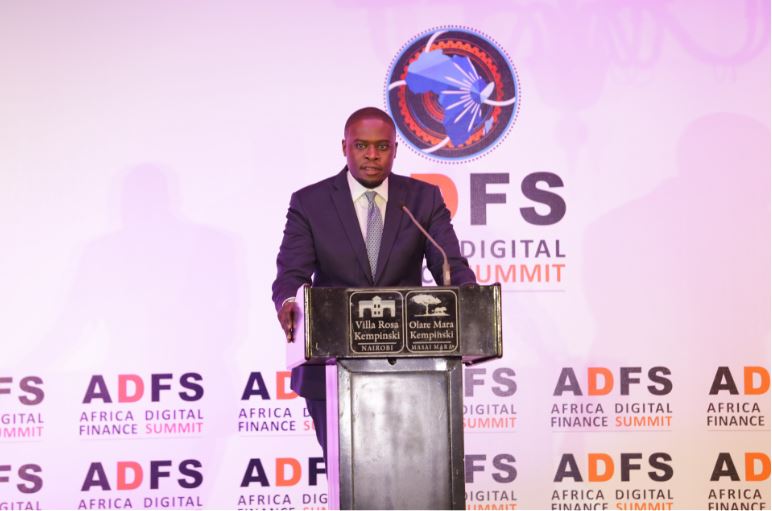*EIN Newswire. Written by Sara Okuoro
Africans have been urged to embrace the use of digital currencies in order to accelerate the economic recovery in the continent occasioned by the coronavirus pandemic.
“In order to positively chart the trajectory of the social economic growth in Africa, we need to leverage on the convergence of various transformational technologies,” said Hanu Fejiro Agbodje, founder and CEO, Patricia Technologies Limited, a fintech solutions provider company based Nigeria.
They were speaking during the two-day Africa Digital Finance Summit in Nairobi.

Participants also pointed out that there was an impressive growth in financial inclusion in Africa over the last few years which has been driven primarily by adaptation of technologies such as mobile money.
A growing digital financial services sector in Africa has led to the increase in the number of people enjoying access to formal financial services.
However, it was noted that there is more that the continent can do to increase access to information and education related to blockchain and cryptocurrencies.
“We have made tremendous progress over the years. However, there is room to continue making more progress in Digitization of Finance in Africa.” Said Dr Olufunso Somorin, Regional Principal Officer at the African Development Bank.
The future of finance lies in the development of digital infrastructure and enhanced digital currencies information. Many countries in the continent are working towards developing and enhancing digital versions of their currencies. There is a very high probability that paper money will take a back bench as digital money takes the front stage.
Digital interactions should be privacy-enhancing, secure, intelligent, and efficient. To facilitate this, Digital Financial Service Providers need to maintain trust by finding a way to protect consumers from the constant threat of fraud and theft.

Nairobi Senator Johnson Sakaja said that African governments should not punish digital innovations but instead view them as key enablers to post Covid-19 economic recovery.
Sakaja said he would rally legislators to review the law which he says is limiting innovations at the time joblessness is on the rise in the country.
“The digital innovations especially in the financial sector provide much-needed transaction solutions while creating jobs. Introducing taxes in that area is futile,” he said.
The Finance Act 2020 introduced a digital service tax (DST) on income from services provided through the digital marketplace in Kenya.
The DST is applied at 1.5 per cent on the gross transaction value (exclusive of VAT) and took effect on January 1.






